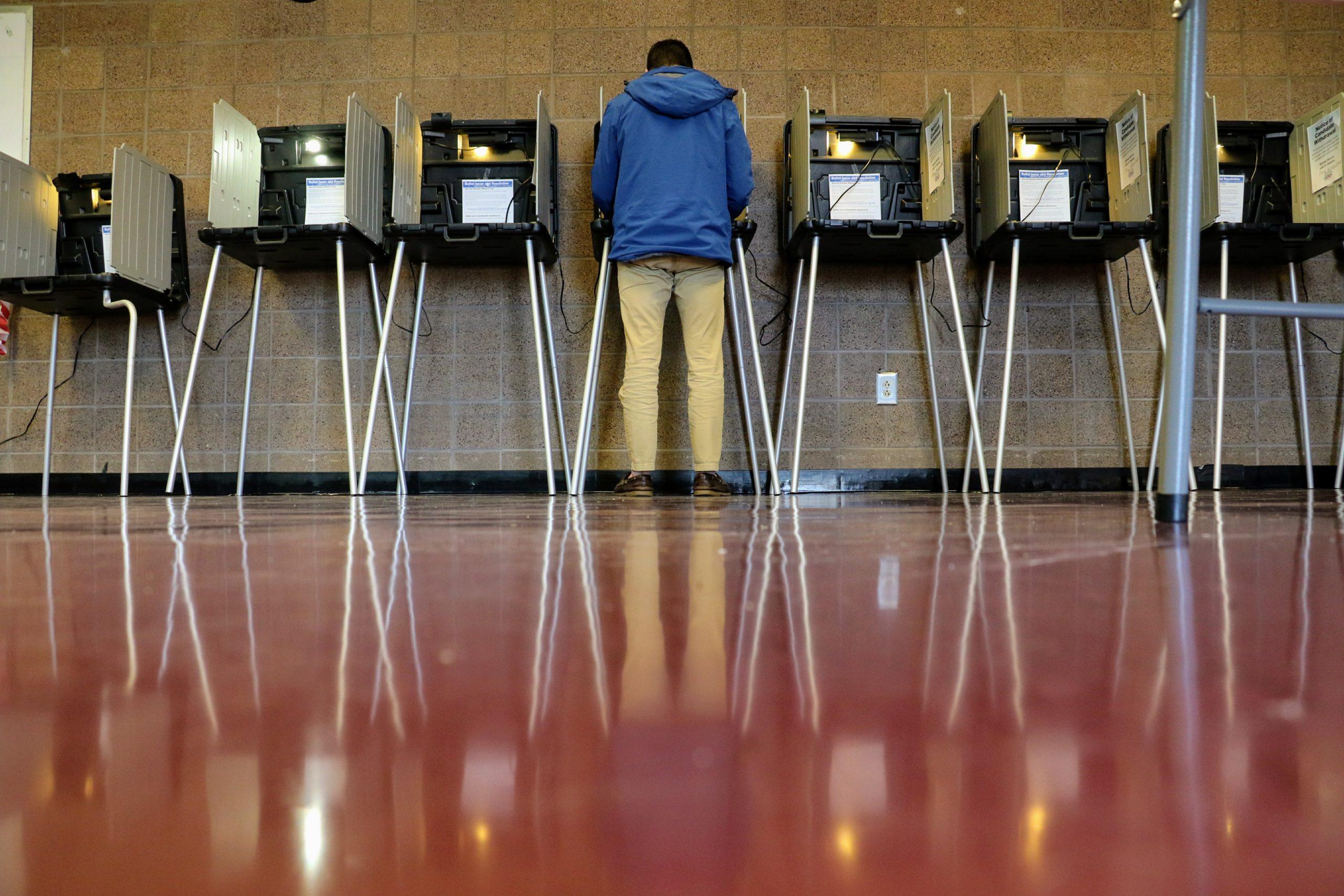
The Colorado Supreme Court has ruled that the COVID-19 pandemic does not loosen the requirements candidates must meet to have their names placed on Colorado's Democratic senate primary ballot.
The ruling reversed a decision from the Denver District Court last month that said Democratic Senate candidate Michelle Ferrigno Warren substantially complied with the law and made a good faith effort to gather signatures to be placed on the ballot, given the "almost futile" nature of trying to gather signatures during a pandemic.
"While the ruling by the Colorado Supreme Court today was a disappointment, I will continue to do what I have done for years — fight for bold leadership that will level the playing field for our families to have an opportunity to succeed – no matter their gender, race, age, sexual orientation, or zip code," Ferrigno Warren said in a statement,
Ferrigno Warren had collected about half of the required number of valid signatures.
“While we recognize that the circumstances that made signature collection more difficult this year are unprecedented, we do not have the authority to rewrite the Election Code in response to the COVID-19 virus. Only the General Assembly can do that,” according to the decision.
The pandemic came at a crucial time during the election cycle when candidates were in the throws gathering signatures or going through the state assembly process to try to get their names placed on the primary ballot. When the deadline to turn in signatures for the June primary ballot arrived last month, Ferrigno Warren, a non-profit executive and immigrant rights activist, was still thousands short of the needed amount, with only 5,383 ruled valid by the Secretary of State's office. She sued the state arguing that signature gathering was nearly impossible given the state’s shutdown over COVID-19.
Several other Democratic candidates also filed legal challenges. Denver District Judge Christopher Baumann ordered that statehouse candidate Maya Wheeler and Democratic Senate candidate Lorena Garcia’s names be placed on the ballot. Senate candidate Erik Underwood went through the assembly and filed a lawsuit against the state and the Colorado Democratic Party saying that process was flawed.
Democratic Secretary of State Jena Griswold had argued against putting Ferrigno Warren on the ballot, saying it was unfair for a candidate who fell significantly short of the signature threshold to be added when others earned access through “full compliance with the Election Code” or who fell short but didn’t sue.
“Due to these serious shortfalls, the purpose of the Election Code’s valid signature threshold and distribution requirements—which is to ensure that each candidate who appears on the primary ballot for an important federal office—has a significant modicum of statewide support, has not been substantially achieved,” stated a brief from Griswold.
A spokeswoman from Griswold's office said the state was still trying to decide what to do in other similar cases.
“We had hoped the Colorado Supreme Court would develop a uniform standard applicable to all similar cases that took into account the impact of coronavirus on candidate signature-gathering efforts," the spokeswoman said. "In its ruling today, however, the Supreme Court upheld the law as it currently stands without incorporating the impact of coronavirus. The Supreme Court instead indicated that it is incumbent upon the legislature to make changes to existing law, despite the extenuating circumstances."
The spokeswoman also said that the Secretary of State is working with the Office of the Attorney General to determine next steps for Garcia's case in light of the state court's decision earlier today.
Noting she's still on the ballot, Garcia's campaign said “The campaign appreciates Sec. Griswold’s understanding of how COVID-19 impacted the signature campaign and grateful to her commitment to ensure fair access to the ballot during this difficult time. Garcia is moving forward and looking forward to the next phase of her campaign.”








